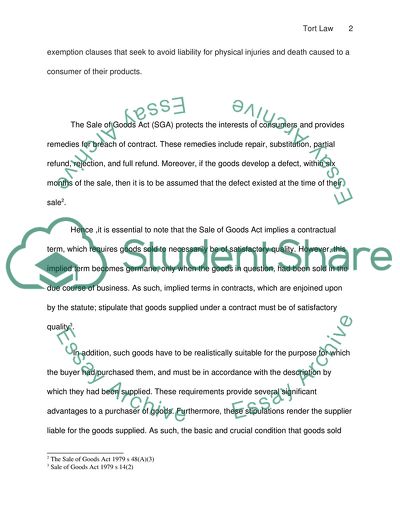Cite this document
(Tort Law Case Study Example | Topics and Well Written Essays - 1500 words, n.d.)
Tort Law Case Study Example | Topics and Well Written Essays - 1500 words. https://studentshare.org/law/1723471-contract-tort-law
Tort Law Case Study Example | Topics and Well Written Essays - 1500 words. https://studentshare.org/law/1723471-contract-tort-law
(Tort Law Case Study Example | Topics and Well Written Essays - 1500 Words)
Tort Law Case Study Example | Topics and Well Written Essays - 1500 Words. https://studentshare.org/law/1723471-contract-tort-law.
Tort Law Case Study Example | Topics and Well Written Essays - 1500 Words. https://studentshare.org/law/1723471-contract-tort-law.
“Tort Law Case Study Example | Topics and Well Written Essays - 1500 Words”. https://studentshare.org/law/1723471-contract-tort-law.


